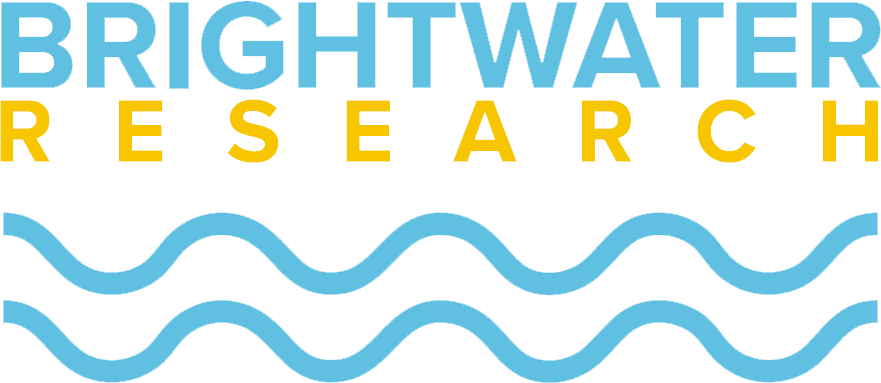Dramatically reducing impact.
Extending lives
Brightwater is a UK medical research charity spun off from privately funded research in 2020.
Our primary objective is to develop new treatments for Ewing Sarcoma. Ewing is a rare and particularly brutal form of cancer typically occurring during late childhood or early adolescence, however, it can develop later in life.
Brightwater Research is in the late stages of developing a new drug to stop the spread of the cancer clone cells using our new drug ‘Valoxydin’.
Brightwater at a Glance
entirely not-for-profit
Ewing Sarcoma and Brightwater Research
Our primary objective is to develop new treatments for Ewing Sarcoma. Ewing is a rare and particularly brutal form of cancer typically occurring during late childhood or early adolescence, however, it can develop later in life. Normally described as a “soft tissue cancer”, it originates from the bone with first symptoms of Stage one of disease begin with joint pain, fatigue, sometimes heart problems and then quickly develop into a Stage two of the same cancer, the soft tissue variant in which soft tissue sarcomas (or tumours) typically present as lumps in the limbs or thorax.
Research Objectives
Sadly, it is a disease with no known ‘cure’ but several treatment regimens are used to manage the cancer. Fortunately, Ewing Sarcoma is very rare indeed – only approximately 1.5 persons per million suffer from this cancer and the cause is little understood. It affects males slightly more than females (51%:49%), which suggests it is hormone unrelated.
Actually, sarcomas are not that rare, roughly 3,272 people in the UK alone (2010 data ) suffer from the general group of sarcomas but within that group a sub-set exists of Ewing Sarcoma patients. At present, around 40 cases exist in the UK and Worldwide that could be extrapolated to approximately ten thousand people on earth suffering from this dreadful disease.
No Known Cure
Existing treatment normally involves a cocktail of drugs (eg. Doxorubicin, cyclophosphamide, etoposide and platinum-based chemotherapeutics. Unfortunately, these drug regimes have limited efficacy and frequently, drastic side effects. Since the true soft-tissue expression of the disease is ‘classic’ Ewing soft tissue tumours, limb amputation is often needed to increase survival.
Existing Treatment
The survival rate for people – normally children or adolescents – is poor under these treatment regimes. The ten year survival rate of an early detected Ewing sarcoma is 45%. The main cause of death is not really the soft-tissue sarcomas – but instead, it is the risk of the cancer spreading to other organs – and it is regarded as a particularly invasive (metastatic) type of cancer.

